Faculty News
Retirement: Professor J. Clancy Clements
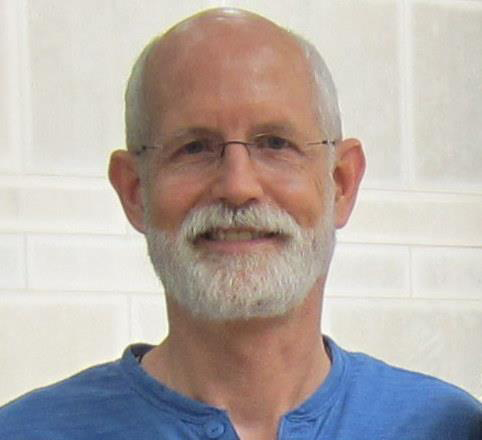
Professor J. Clancy Clements
On an evening in mid-April, faculty, staff, and students from both the Spanish and Portuguese and Linguistics Departments gathered at the University Club to honor and celebrate the accomplished career and retirement of Prof. J. Clancy Clements. The setting was elegant yet relaxed with drinks and light refreshments being served while musicians from the Jacob’s School provided delightful classical guitar music in the background. Throughout the evening guests greeted one another, enjoyed the refreshments, and most importantly, sought out an opportunity to speak to the guest of honor: Prof. Clancy Clements. Despite being the namesake of the occasion, Prof. Clements worked hard not to be the center of attention and simply enjoyed the company and good conversation with many dear friends and colleagues. Professors Wagschal, Geeslin, and Botne, each offered many kind words in honor of Clancy and his career. Prof. Kim Geeslin shared some personal anecdotes about knowing Clancy first through his scholarship and later as a supportive colleague always willing to offer his honest and uncensored perspective. She even shared a number of messages from former dissertation advisees of Prof. Clements that only further demonstrated the great impact he has had as a teacher and mentor over the years. Prof. Wagschal and Prof. Botne shared some biographical information about Clancy that helped everyone in attendance better understand how he came to be such an accomplished linguist while also managing to live, work, and study in so many places around the globe. And finally, Prof. Clements shared some very heart felt words of gratitude and appreciation to all in attendance. He emphasized many times over that one of the most important things that inspired his efforts over the years was working with students. Before returning to the drinks and socializing, some graduate students from the Spanish and Portuguese Department led everyone in a quick trivia game about Prof. Clements. The questions covered topics such as “what language is Clancy going to learn next?” and “what is Clancy’s favorite band/musical group?” All in all, it was a delightful evening in honor of the career and retirement of a great colleague, friend, and mentor to many.
Honoring Professor Clements’ Service
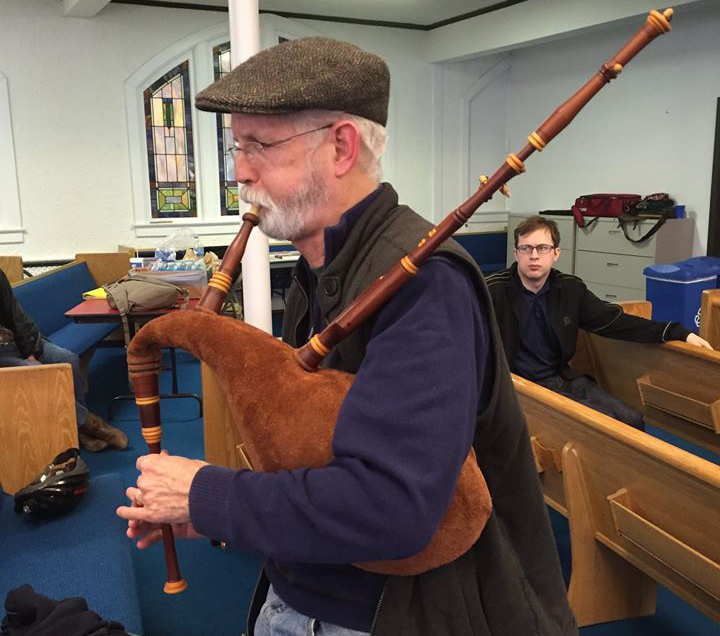
Professor J. Clancy Clements
Honoring Professor Clements’s Service to the Profession and So Much More
A leading international figure in the study of contact linguistics and creole languages, especially Portuguese-based creoles, J. Clancy Clements spent most of his 31 years as a faculty member in IU’s Department of Spanish and Portuguese, 11 of those with a dual appointment in the Department of Linguistics. His wanderlust led to an unconventional career path around the world, far from Twin Falls, Idaho where he was born and raised.
While in high school, he applied for an American Field Service study abroad program, but was not selected. So, upon graduation he joined a Basque friend from high school enrolling at the Universidad de Deusto (Bilbao, Spain), where he spent a year studying Spanish. He later transferred to the Universidad de Barcelona, where he obtained the equivalent of an Associate degree in 1972. Returning to the US, he spent one semester at Boise State University (BSU) to obtain American equivalency for the Associate degree.
Initially, Clancy thought he would focus on Jungian psychology, for which he studied German. At BSU, his German professor encouraged him to study at the Universität Tübingen, where Clancy learned he was more interested in the study of language than psychology, and therefore studied French, Portuguese, Ancient Greek and Latin, obtaining the Magister Artium degree in Romance linguistics in 1979. At Tübingen, he had the good fortune to take courses with historical linguist Antonio Tovar and to serve as research assistant for Eugenio Coseriu, a functionalist and historical linguist who had a significant influence on Clancy’s future academic work. Before finishing his degree at Tübingen, he also spent time teaching English as a foreign language in Lisbon, Portugal and Valencia, Spain, where he learned Catalan. Around the time of his first trip to Europe, Clancy had also become very interested in meditation and yoga, and after meeting a monk in Germany, he was himself teaching these practices.
By the end of his program in Tübingen, Clancy decided he wanted to become a monk, and moved to an ashram in Kathmandu, Nepal. After a year there, however, he began to question this path, and so he applied and was accepted to the graduate program in Romance Linguistics at the University of Washington, where he completed his doctoral dissertation under the supervision of Jürgen von Klausenburger and Alice ter Meulen in 1985. He was immediately hired as an Assistant Professor in IU’s Department of Spanish and Portuguese and began a dual appointment with the Department of Linguistics in 2005. Clancy spent his entire career at IU, except for three semesters from 2006-2008, when he chaired the Department of Spanish and Portuguese at the University of New Mexico.
During his career, Clancy chaired twelve dissertation committees and was a member of twenty more. He also directed five undergraduate honors theses and was a reader on two others. He was very active in undergraduate affairs, serving as Director of Undergraduate Studies in HISP (on three different occasions) and in LING. He served on the university Academic Fairness Committee, chaired the Committee for Improvement in Teaching in HISP, and served as Director of the Hispanic Linguistics Program. He was also active with overseas study programs and served for a year in Madrid as program director. Beyond IU, Clancy was an active member of the Asociación de Criollos de Base Léxica Portuguesa y Española, serving as both President of the Assembly, and Vice-President and President of the Association. He was also active in the Society of Pidgin and Creole Languages, serving as a member of the Executive Committee.
In addition to ten edited volumes and more than 40 papers, Clancy published two well-received monographs: The Linguistic Legacy of Spanish and Portuguese: Colonial expansion and language change (Cambridge 2009) and The Genesis of Language: The formation and development of Korlai Portuguese (John Benjamins 1996). The first book provides an analysis of the development of Portuguese and Spanish and their change into non-standard varieties, including several creoles. The second was the first comprehensive analysis of the linguistic situation of Korlai Portuguese Creole, a locus classicus, as one reviewer put it. He is currently working on completing a book on Daman Portuguese Creole.
An avid musician, Clancy plays bagpipes, guitar, and penny whistles, and has played in a number of formal and informal groups, including a Renaissance folk music trio with his colleague Steve Wagschal and doctoral graduate Irma Alarcón. Steve was a new faculty member at the time and credits Clancy with making him feel welcome in Bloomington by warmly holding rehearsals in his home. Clancy also integrated his passion for music into his teaching, as long-time colleague Kate Myers explains: “For years, local Spanish musician Tomás Lozano, the late Pep Sobrer, and Clancy literally danced into our senior-level Spanish culture course for a live demonstration of culture in action. Clancy brought to life for students the deep connections between Spain’s multi-lingual cultures, history, and music-dance traditions. He helped them better understand regional cultural diversity in the Iberian Peninsula by bridging the academic understanding of cultures with creative learning and the performance of culture. Whether it was collaborating with Pep as they motivated classes of twenty students to circle around, link hands, and learn complex rhythms and footwork to dance the Catalan sardana, or introducing students to Galician traditions by playing the gaita (bagpipe), or playing centuries-old ballads on the Baleares-based five-stringed guitarró, Clancy’s skill and passion as a teacher and performer transformed scores of seniors’ experiences with and knowledge of Spain.”
Emerita Professor Catherine Larson sums up well: “Clancy Clements is far more than an ordinary faculty member: he truly is a whole person, who enjoys making music and making the world a better place, who can direct our large study abroad program in Madrid for a year and march through the streets of Bloomington on the Fourth of July, playing the bagpipe and wearing a kilt. He approaches life with joy and enthusiasm, and he serves without complaint. He loves our profession and has given much to two departments. I cherish Clancy as a colleague and a friend.” His colleagues wish him all the best for music-making and other activities in retirement.
Robert Botne and Steven Wagschal
Faculty News: Books & Awards
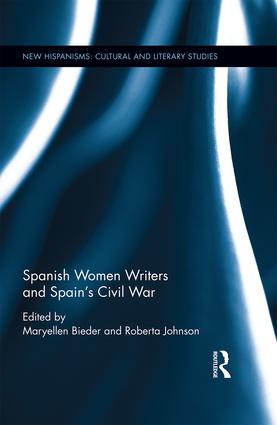
Maryellen Bieder
Maryellen Bieder, Professor Emerita, published Spanish Women Writers and Spain’s Civil War. Eds. Maryellen Bieder and Roberta Johnson. London: Routledge, 2017.
GSAC representatives Vanessa Elias, Guillermo López-Prieto,
Professor Anke Birkenmaier and Megan DiBartolomeo.
Anke Birkenmaier received a New Frontiers-New Currents grant for her project “A Hundred Years of Migration (1917-2017): Stories of Caribbean Exile and Diaspora.” She was also the recipient of the 2016 GSAC Outstanding Mentor Award.
Deborah Cohn was selected as one of IU Bloomington’s nominees for an NEH Summer Stipend for 2017, for her project "The Iron Curtain and the 'Language Curtain’: Foreign Language Education and the National Interest during the Cold War."
Allen Davis was promoted from the rank of lecturer to senior lecturer.
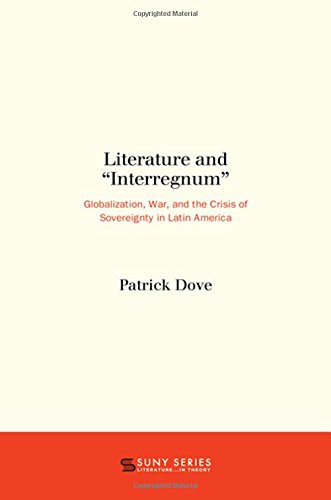
Patrick Dove
Patrick Dove was promoted to the rank of full professor. He published Literature and “Interregnum”: Globalization, War, and the Crisis of Sovereignty in Latin America, SUNY Press.
César Félix-Brasdefer co-edited (with Kathleen Bardovi-Harlig) the 14th volume of the Pragmatics Language Learning Series (2016) published by the University of Hawai'i at Manoa Press. He was also selected for the faculty research exchange with the University of Seville for one month in Spring 2017.
Ryan Giles’ article, “Garden Spaces and Textual Materialities: The Exorcistic Prelude to the Razón de amor,” was selected winner of the John K. Walsh Award by the Executive Committee of the Modern Language Association Forum, LLC Medieval Iberian, in memory of revered American Hispanomedievalist John K. Walsh (1939-1990).
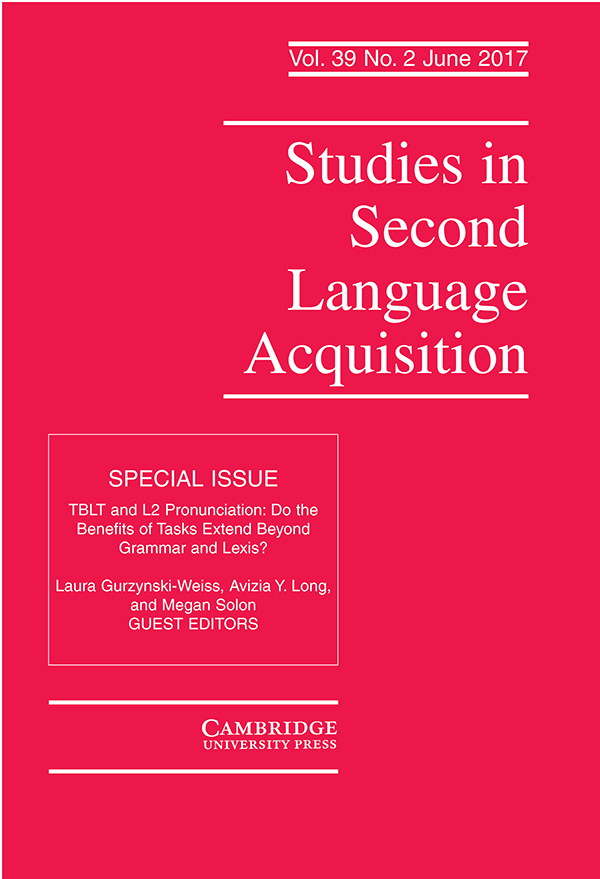
Laura Gurzynski-Weiss
Laura Gurzynski-Weiss gave a keynote talk at Adam Mickiewicz University, Poland titled "Instructor individual differences: What we know, what we need to know, and how to get there; Focus on the learner: Contributions of individual differences to language learning and teaching". She also published, along with Long, A. Y., & Solon, M. (Eds.) "TBLT and L2 pronunciation: Do the benefits of tasks extend beyond grammar and lexis?" [Special issue]. Studies in Second Language Acquisition, 39(2). In addition, she earned the following awards: 2016 Department of Spanish & Portuguese Graduate Research Assistant; 2016 Trustee’s Teaching Award; and 2017 Office of the Vice Provost of International Affairs (OVPIA) Overseas Travel Grant.
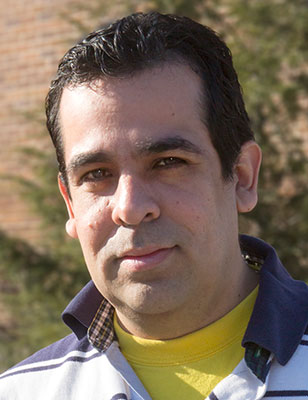
Israel Herrera
Israel Herrera received the 2017 James P. Holland Award for Exemplary Teaching and Service to Students by the College of Arts and Sciences. This award was established in memory of the late James P. Holland, a long time faculty member in Biology celebrated for his concern for and commitment to service to students, as well as his excellent teaching. He was also selected for the 2017 President’s Award for Distinguished Teaching. The award celebrates the best teachers from among all of the IU campuses.
Virginia Hojas was accepted to join the CITL’s Faculty Learning Community entitled "Improving Teaching and Learning through Ongoing Feedback."
Edgar Illas received a CAHI Conference & Workshop Grant to help fund the North American Catalan Society Colloquium that he organized for Spring 2017.
Julie Madewell was promoted from the rank of lecturer to senior lecturer. She also earned the 2017 Trustees Teaching Award for core lecturers.
Kathleen Myers earned a Grant-in-Aid from IU’s Office of the Vice President for Research for a current project.
Luciana Namorato received a 2017 New Frontiers of Creativity and Scholarship faculty research grant to support her book project, “Transatlantic Exchange in Post-Independence Brazil: Machado de Assis and his Portuguese Counterparts.”
Sandra Ortiz was named a 2017 MOSAIC Faculty Fellow to engage in active and collaborative learning approaches in the classroom.
Robin Reeves was selected as a 2017 MOSAIC Faculty Fellow to engage in active and collaborative learning approaches in the classroom.
Jonathan Risner received the 2017 Trustees Teaching Award for tenure-track faculty.
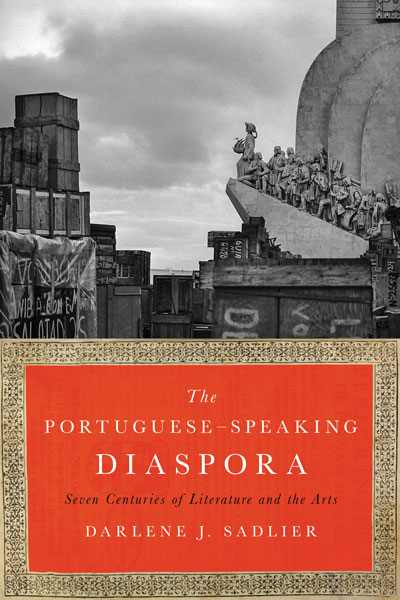
Darlene Sadlier
Darlene Sadlier, Professor Emerita, published The Portuguese-Speaking Diaspora: Seven Centuries of Literature and the Arts, University of Texas Press, 2016.
Alina Sokol was promoted from the rank of lecturer to senior lecturer.
Estela Vieira received a New Frontiers of Creativity and Scholarship grant for her project “The Invisibles: Women Writers in Nineteenth-Century Portugal.”
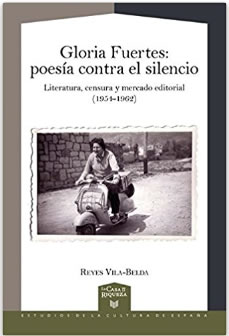
Reyes Vila-Belda
Reyes Vila-Belda published Gloria Fuertes: Poesía contra el silencio. Literatura, censura y mercado editorial (1954-1962), Editorial Iberoamericana-Vervuert. This work was recently cited in the Spanish congress (Congreso de los diputados). This is the mention in the Diario de Sesiones (April 6, 2017):
"Señorías, el 28 de julio de 2017 se cumplen cien años del nacimiento de una de las voces más singulares y posiblemente de las menos valoradas institucionalmente de la historia de la poesía española. Tuvo, sin embargo, el amor del pueblo. Gloria Fuertes no encajaba en los parámetros culturales de mediados del siglo XX, quizá porque su obra no forma parte del canon de la época y ella misma contravenía todos los parámetros para ser aceptada en los templos oficiales de la cultura. Cabe preguntarse también si esto es porque era de Lavapiés, quizá porque era mujer, quizá porque era lesbiana, quizá porque era pobre, o quizá por un cúmulo de todas estas cosas. Quizá su campechanía tampoco encajaba en ese patrón que la cultura oficial de la época imponía, pero hoy es preciso reconocer esa voz original y valiosa de quien es ya reconocida como una voz del pueblo, una voz que abrió, en palabras de Reyes Vila-Belda, el espacio poético a las preocupaciones de los que no tenían voz, es decir, de las mujeres, los trabajadores y los pobres. Este fue sin duda su pecado y el gran inconveniente para que el establishment no aceptara a una poeta que, como en muchas otras ocasiones, es más apreciada fuera que en su propio país y se equivocara."
She also received a Grant-in-Aid from IU’s Office of the Vice President for Research.
Erik Willis received an Emergency Grant-in-Aid from the Office of the Vice Provost for Research to support his project “The Sound of the Cibao: an acoustic analysis of the sounds of Dominican Spanish in the Cibao.” He also was selected as a 2017 MOSAIC Faculty Fellow to engage in active and collaborative learning approaches in the classroom.